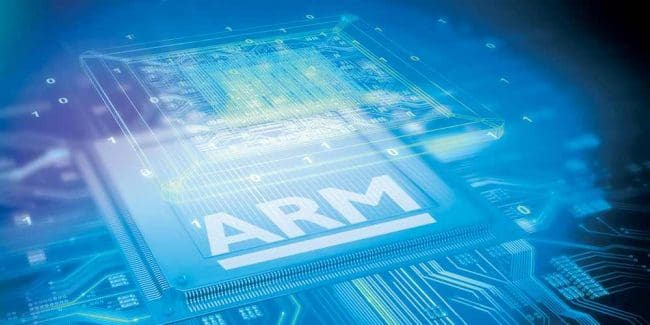Anyone who cares about Europe’s technology scene will be sad to see ARM Holdings become a unit of Japanese conglomerate SoftBank says Leila Abboud writing for Bloomberg
As for the U.K., it seems odd (to put it mildly) that it appears content to cede control of arguably its lone tech champion, a week after new prime minister Theresa May professed her distaste for foreign takeovers of science-rich British companies.
True, it’s hard to characterize SoftBank as a wicked asset stripper in the vein of U.S. drugmaker Pfizer. The Japanese have promised to keep the headquarters in Cambridge and double the number of British jobs over five years.
But it’s hard to swallow the spin about this showing a Britain that remains open to business after last month’s cataclysmic Brexit vote. As Gadfly colleague Chris Hughes predicted before the vote, ARM has been put in reach of overseas purchasers precisely because the post-vote sterling slump makes expensive deals look slightly less forbidding. SoftBank may well end up a benign owner with no need for dreaded synergies, but future investment decisions will probably be made in Japan, not the U.K.
And if you ever wanted an example of the kind of brains-heavy British success story that May seemed to have in mind, ARM would be tough to match. Although tiny compared to U.S. or Asian tech rivals, it’s a symbol of how Europe can compete against bigger, better funded players. Born in the early 1990s, it crafted a smart business model that relies on the intellectual brilliance of about 4,000 engineers to come up with chip designs that are licensed to makers of smartphones, tablets and other gadgets.
The more mundane tasks of product design and manufacturing are left to others. Apple, one of its earliest and biggest customers, starts with ARM designs for various chip parts that are then customized by its own engineers to make the guts of the iPhone. ARM earns revenue from royalties and licensing fees from about a dozen big customers including Samsung and Nvidia, doesn’t own a single factory, and ploughs about one-third of revenue back into R&D.
It pioneered designs for low-cost, low-power chips that became the default architecture for nearly all mobile phones and tablet computers. It is to the mobile world what Intel is to desktops: a nearly unavoidable part of the firmament.
While ARM wants to expand into areas such as server chips and the “Internet of Things,” its financials show its strength. Revenue has grown at double digits since 2010, while free cash flow increased 7.7 percent last year. Its gross margin stands at a mighty 95 percent, with Ebitda margins in the mid-40s. All this has made ARM a takeover target for years. The only surprising thing about today’s news is the buyer.
Of course, there are considerable challenges ahead — explaining why the British government might welcome a deep-pocketed foreign investor after all. The short-term threat is the slowing of smartphone sales, expected to increase 3.1 percent this year compared to 28 percent in 2014, according to IDC. Bernstein Research reckons smartphones have accounted for 65 percent of Arm’s royalty revenue growth from 2012 to 2015. That could slow to about 10 percent a year.
The Internet of Things, where everyday objects like fridges are connected to the web, is a huge potential market. Yet it still suffers from a lack of standards in how all these gizmos will connect to mobile networks. ARM faces stiff competition from Intel.
That said, ARM’s brilliance has been in chip designs that don’t sacrifice too much performance in exchange for tiny size, low power consumption, and efficiency. SoftBank’s financial muscle will be useful as ARM tries to extend its mobile dominance to the next era of computing. But let’s not pretend this isn’t a disappointing day for independent U.K. and European tech.


